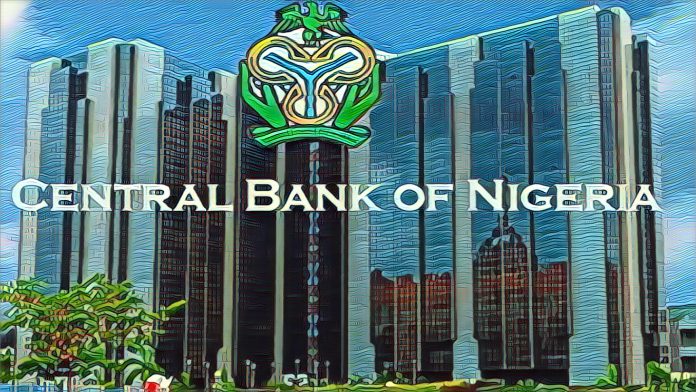To curb the persistent rise in inflation and stabilize prices, the Central Bank of Nigeria (CBN) has increased its benchmark interest rate, the Monetary Policy Rate (MPR), by 150 basis points to 26.25%, marking the third hike in less than three months. This decision was announced by CBN Governor Olayemi Cardoso during a press briefing following the Monetary Policy Committee (MPC) meeting in Abuja.
While the MPR experienced a significant increase, the CBN opted to maintain the Cash Reserve Ratio (CRR) for deposit money banks at 45% and the Liquidity Ratio at 30%. Governor Cardoso expressed confidence that the combination of monetary policy tools being utilized by the bank would effectively address inflation and stabilize the foreign exchange market in the months ahead.
Inflation, driven primarily by rising food prices, has been a major economic challenge for Nigeria, surging to 33.69% year-on-year. Despite these pressures, Cardoso indicated that the general inflation rate was showing signs of moderation, suggesting that the measures implemented by the CBN were beginning to yield positive results.
Cardoso also outlined the various challenges impacting the moderation of food inflation, which include increased transportation costs for farm produce, infrastructural constraints, security issues in agricultural areas, and the impact of foreign exchange rates on the prices of imported food items. The MPC has called for enhanced measures to secure farming communities to boost food production and address these challenges effectively.
Further addressing the foreign exchange volatility, Cardoso noted that it was largely driven by seasonal demand fluctuations, reflecting the dynamics of a freely functioning market. He also highlighted the growing confidence among investors, attributed to efforts by the CBN to enhance market transparency and address regulatory distortions.
On the topic of financial technology, the CBN governor emphasized that the tightening of regulations around Fintech companies was not intended to hinder their operations but to ensure public benefit and manage risks such as illicit financial flows and money laundering. Cardoso reassured that despite stricter regulations, no Fintech company has had its license revoked, reflecting a balanced approach to fostering innovation while ensuring compliance and security.
The reaction from the business community, however, has been one of concern. The Director General of the Nigerian Association of Chambers of Commerce, Industry, Mines and Agriculture (NACCIMA), Sola Obadimu, voiced worries that the increased MPR would pose additional challenges for business managers, especially in an environment already burdened by high energy costs, unstable forex rates, and rising business expenses. Obadimu highlighted that the cost of borrowing could surpass 30% per annum, further complicating the financial landscape for businesses.
Dr. Muda Yusuf, founder of the Centre for the Promotion of Private Enterprise (CPPE), also expressed concerns about the impact of the rate hike on investors and the economy at large. He pointed out that many businesses are still reeling from previous rate increases, with existing credit exposures becoming even more burdensome. Yusuf criticized the high CRR as another factor straining the financial system, limiting effective financial intermediation and the overall effectiveness of monetary policy.
Despite these challenges, Yusuf noted a potential silver lining with the anticipated improvements in domestic refining of petroleum products, which could lead to lower energy costs and, subsequently, moderate the general price level. He urged the implementation of supportive fiscal policies to mitigate the adverse effects of stringent monetary measures on the economy.
As Nigeria navigates these economic adjustments, the balance between controlling inflation and supporting business growth remains a critical issue, with significant implications for the broader economic stability of the country.



